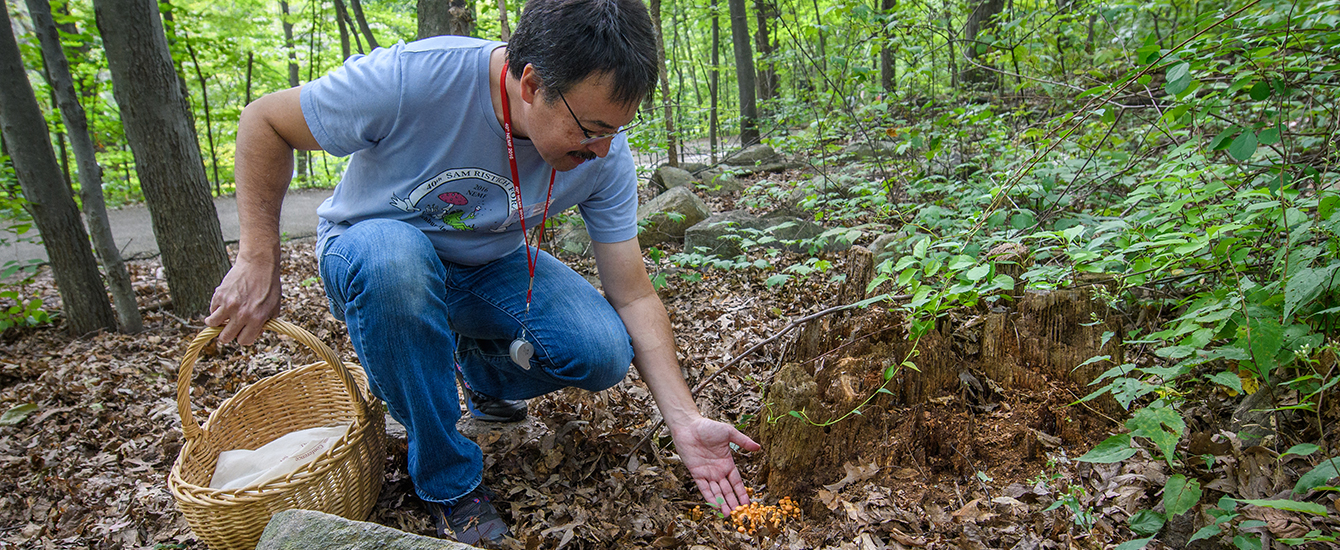Biology
Document Type
Article
Abstract
Human disturbance including rapid urbanization and increased temperatures can have profound effects on the ecology of local populations. Eusocial insects, such as ants, have adapted to stressors of increasing temperature and urbanization; however, these evolutionary responses are not consistent among populations across geographic space. Here we asked how urbanization and incubation temperature influence critical thermal maximum (CTmax) and various ecologically relevant behaviors in three ant species in urban and rural locations in Worcester, MA, USA. We did this by incubating colonies of three species of cavity dwelling ant (Aphaenogaster picea, Tapinoma sessile, and Temnothorax longispinosus) from 2 habitat types (Rural and Urban), for 60-days at multiple temperatures. We found that incubation temperature, urbanization, and species of ant all significantly affected overall colony critical thermal maximum. We also found that recruitment time, colonization time, and defense response were significantly affected by incubation temperature and varied between species of ant, while recruitment and colonization time were additionally affected by urbanization. These variable changes in performance and competitive traits across species suggest that responses to urbanization and shifting temperatures are not universal across species. Changes in behavioral responses caused by urbanization may disrupt biodiversity, creating unusual competitive environments as a consequence of natural adaptations and cause both direct and indirect mechanisms for which human disturbance can lead to local species extinction. © 2024 The Authors. Ecology and Evolution published by John Wiley & Sons Ltd.
Publication Title
Ecology and Evolution
Publication Date
2-2024
Volume
14
Issue
2
ISSN
2045-7758
DOI
10.1002/ece3.10923
Keywords
cavity-dwelling ants, climate, competition, plasticity, thermal tolerance, urbanization
Repository Citation
Harris, Brooke A.; Stevens, Dale; and Mathis, Kaitlyn A., "The effect of urbanization and temperature on thermal tolerance, foraging performance, and competition in cavity-dwelling ants" (2024). Biology. 18.
https://commons.clarku.edu/faculty_biology/18
Worcester
Yes
Creative Commons License

This work is licensed under a Creative Commons Attribution 4.0 International License.
Copyright
Publisher source must be acknowledged with citation:
Harris, B. A., Stevens, D. R., & Mathis, K. A. (2024). The effect of urbanization and temperature on thermal tolerance, foraging performance, and competition in cavity‐dwelling ants. Ecology and Evolution, 14(2), e10923.

